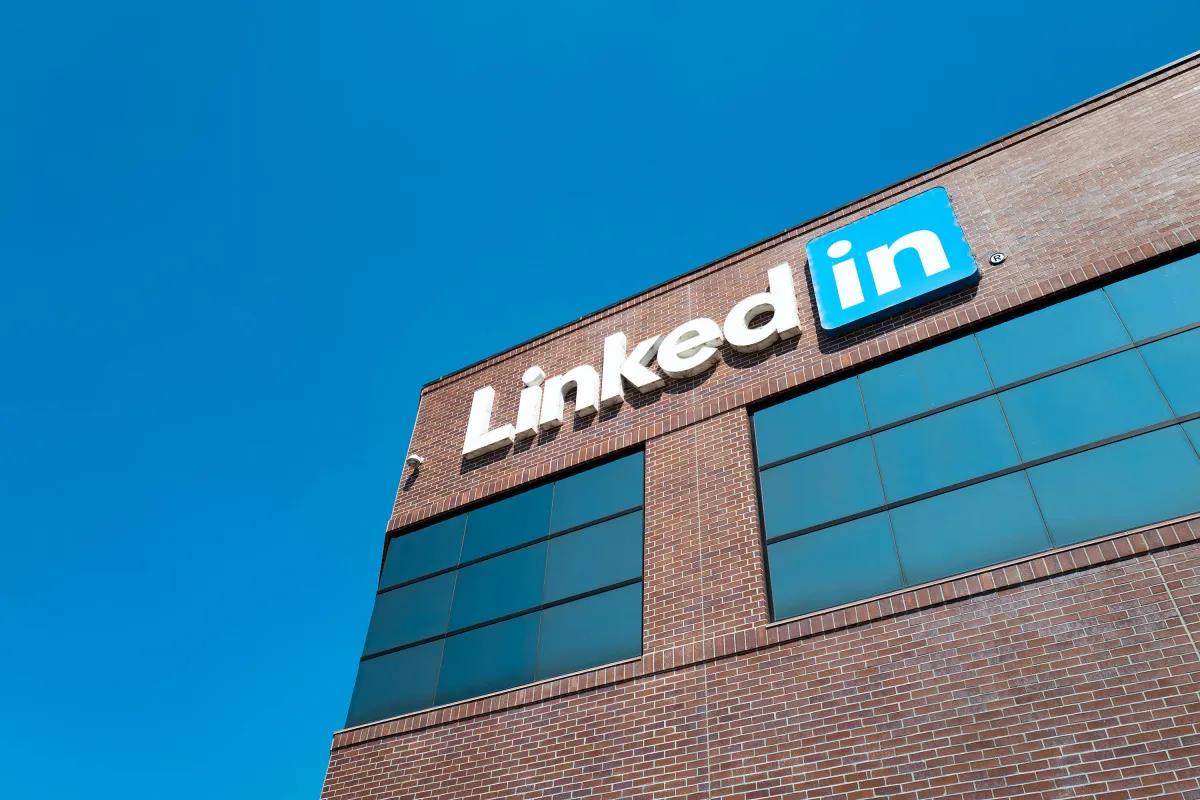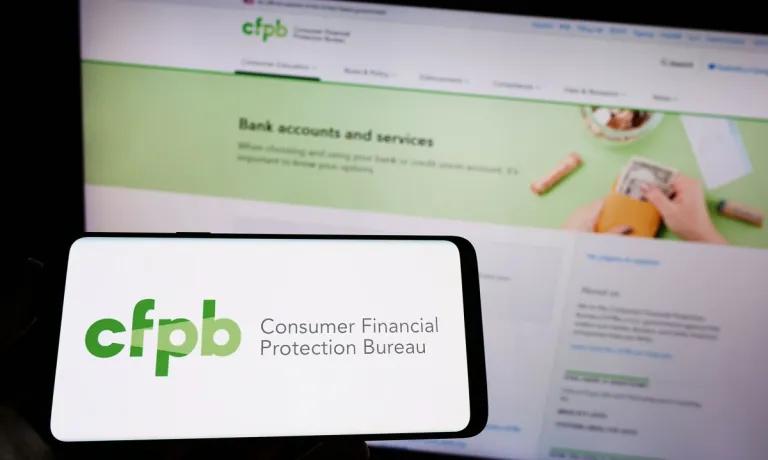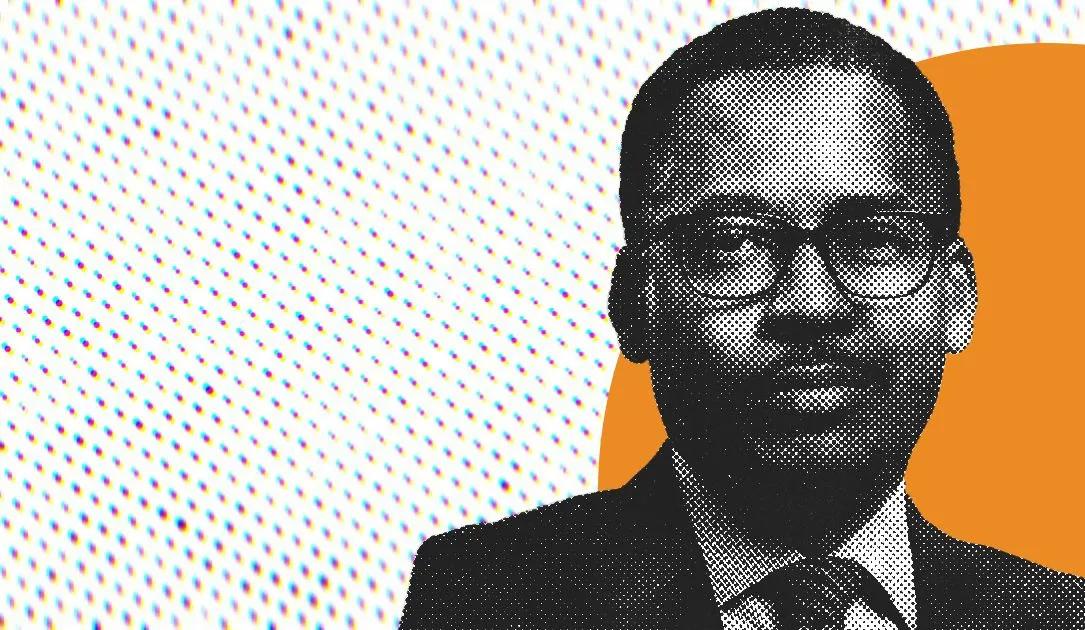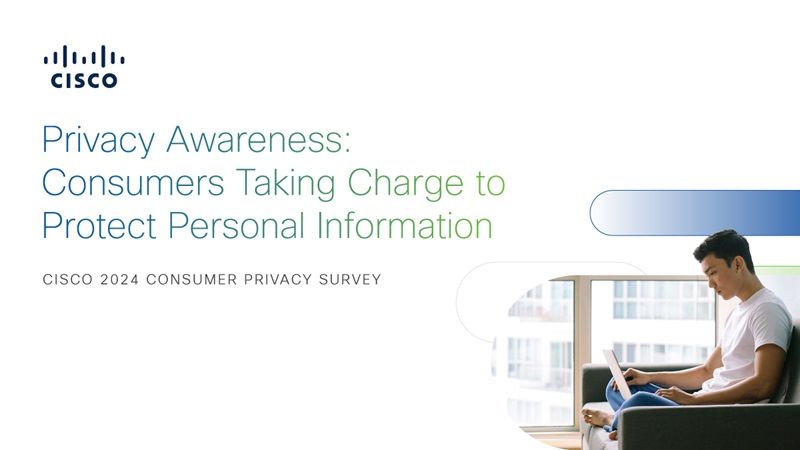|
|
 |
I haven’t read their lawsuit and I don’t think they’ve read the rule.
— Rohit Chopra, director of the Consumer Financial Protection Bureau
|
|
|
Happy Halloween 🎃 And welcome back to Snippets!
- LinkedIn received a fine in the EU for ad tracking practices that violate the General Data Protection Regulation (GDPR).
- Rohit Chopra, the director of the Consumer Financial Protection Bureau, responded to critics of the agency's new rule.
- The head of the FCC's privacy and data protection task force shares his views on the agency's mission in 2025.
- And so much more!
|
|
|
|
|
LinkedIn fined €310 million by the Irish DPC
|
 |
|
Smith Collection/Gado / Getty Images
|
LinkedIn was fined €310 million (~$335 million) by Ireland’s Data Protection Commission (DPC) for multiple privacy violations related to its ads tracking business in the EU.
|
- According to the DPC, LinkedIn's justifications for processing personal data for ad tracking—consent and legitimate interest—were invalid.
- The investigation was initiated in 2018 following a complaint from the digital rights organization La Quadrature Du Net.
- LinkedIn has been given three months to align its European operations with GDPR requirements.
- This sanction marks the company’s most significant to date.
|
|
|
|
|
|
|
🌟 Transcend welcomes Luke Arno as Chief Revenue Officer!
|
|
We’re excited to announce the appointment of Luke Arno as Chief Revenue Officer (CRO) of Transcend. As CRO, Luke will support our mission of fixing privacy for the enterprise, informed by his experience leading global revenue functions at Twilio Segment and Box.
Luke takes the helm of Transcend’s revenue organization after the company posted another record-breaking quarter and year thus far, helping major Fortune 500 companies and high-growth category leaders mature their privacy management postures.
|
|
|
|
|
|
|
|
CFPB director counters backlash on Rule 1033
|
 |
|
|
At a recent finance summit, Rohit Chopra, the director of the Consumer Financial Protection Bureau (CFPB), spoke on the newly finalized open banking rule—responding to the onslaught of criticisms and legal challenges from the private banking sector.
|
- An extension of Section 1033 of the Dodd-Frank Act, the rule grants consumers the right to request access to their data from financial institutions and to authorize third-party access.
- According to Chopra, the rule benefits consumers by standardizing data-sharing and protection practices while fostering healthy competition.
- One legal challenge to the new rule is a lawsuit by the Bank Policy Institute and the Kentucky Bankers Association, which alleges the CFPB overstepped its authority and adopted a “fundamentally unsafe framework.”
- In his comments, Chopra alluded that the backlash stems largely from established institutions resisting the loss of their market dominance.
|
|
|
|
|
|
|
|
FCC task force head shares his views on the agency’s 2025 mission
|
 |
|
|
Loyaan Egal, the head of the Federal Communication Commission's (FCC) privacy and data protection task force, sat down with The Record to discuss major developments from 2024 and the agency's focus areas for 2025.
|
- The FCC created Egal's task force to leverage the agency's resources in addressing the growing importance of data privacy and cybersecurity in daily communications.
- In the past year, the agency levied a $196 million fine against major telecom carriers for unauthorized location data sharing, plus a $16 million settlement with TracFone for multiple data breaches.
- Looking ahead to 2025, the FCC plans to focus on enhancing supply chain integrity, protecting sensitive data from connected devices, and addressing privacy risks associated with technologies like voice cloning and robocalls.
|
|
|
|
|
|
|
|
- Court sides with businesses in Massachusetts privacy case.
- More state privacy laws incoming in 2025.
- U.S. agencies cracking down on workplace surveillance.
- Pinterest received privacy complaint in the EU over ad tracking.
- Apple releases Private Cloud Compute resources for public scrutiny.
|
|
|
|
|
|
New string of genetic privacy suits pose legal dilemma
|
 |
|
JEFF PACHOUD/AFP via Getty Images
|
At least 30 lawsuits have been filed under Illinois’ Genetic Information Privacy Act (GIPA) since 2023—all against companies requiring that job seekers disclose family medical history in their application process.
|
- The suits represent a new legal quandary, as certain jobs, such as those in transportation and logistics, require that companies screen applicants for physical fitness and pre-existing medical conditions.
- Early legal precedent has gone against companies, with both United Airlines and United Pacific losing bids to dismiss proposed class actions.
- But there’s no consensus yet on what qualifies as genetic information. While attorneys say the category is broad, companies are claiming that family medical history is exempt and that some of the plaintiffs were hired regardless.
|
|
|
|
|
|
|
|
Increased privacy awareness driven by AI, survey shows
|
 |
|
|
The 2024 Cisco Consumer Privacy Survey highlights increasing consumer awareness of privacy laws, as well as a growing bias towards protecting privacy when making purchasing decisions.
|
- 53% of consumers are now aware of national privacy laws, a 17% increase since 2019.
- 30% of AI users still enter personal information despite strong concerns about data privacy, while 63% of consumers believe AI can improve their lives.
- Younger consumers (ages 25-34) are more proactive in protecting their privacy—with 49% switching providers over data policies)—while only 18% of seniors (ages 75+) did the same.
- A strong majority of respondents (70%) support privacy laws, with 81% favoring a federal privacy law in the U.S. and 77% advocating for consistent privacy protections between countries.
|
|
|
|
|
|
|
💡 5 reasons industry leaders are urgently reevaluating their consent management tools
|
|
Consent management is, in many ways, Privacy 1.0. As one of the first pieces of privacy to have comprehensive legislation behind it (hello ePrivacy Directive), companies have been managing consumer consent through cookie banners for decades.
But with the rise of a sprawling, complex ad tech ecosystem, a flood of comprehensive privacy laws across the globe, and the creation of new regulatory bodies—whose sole focus is on enforcing privacy laws—the stakes on consent management have changed.
|
|
|
|
|
|
|
|
|
Snippets is delivered to your inbox every Thursday morning by Transcend. We're the platform that helps companies put privacy on autopilot by making it easy to encode privacy across an entire tech stack. Learn more.
|
|
|
|
You received this email because you subscribed to Snippets. Did someone forward this email to you? Head over to Transcend to get your very own free subscription! Curated in San Francisco by Transcend.
|
|